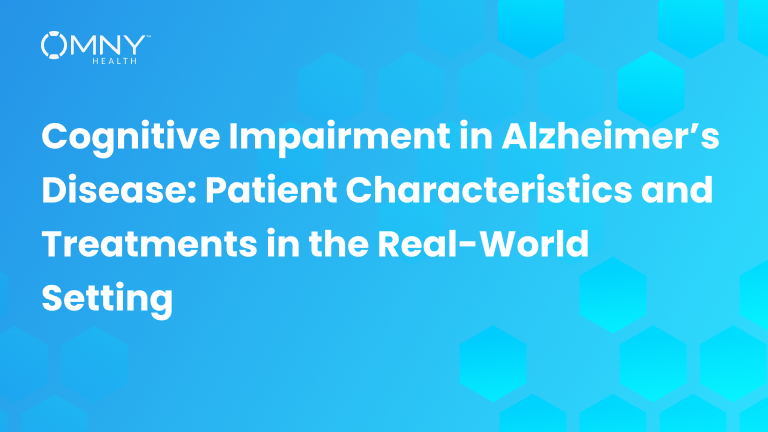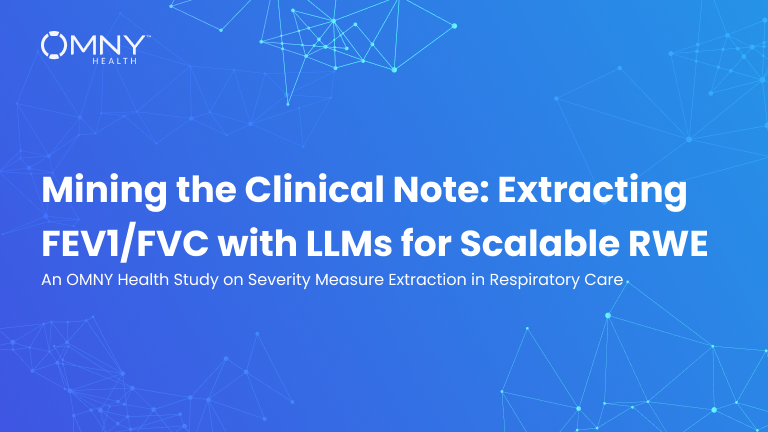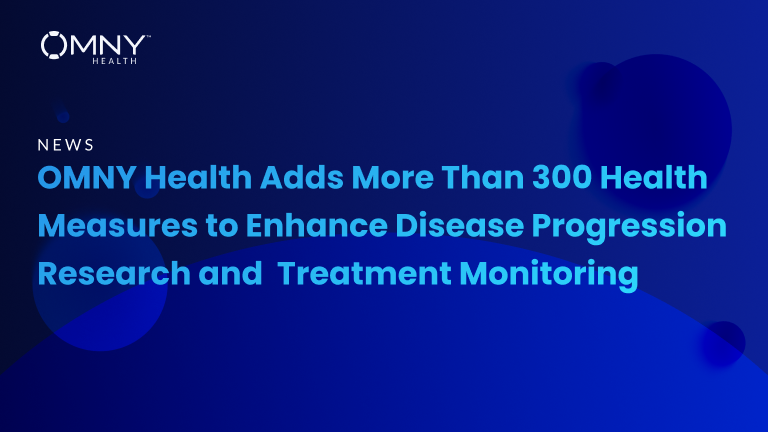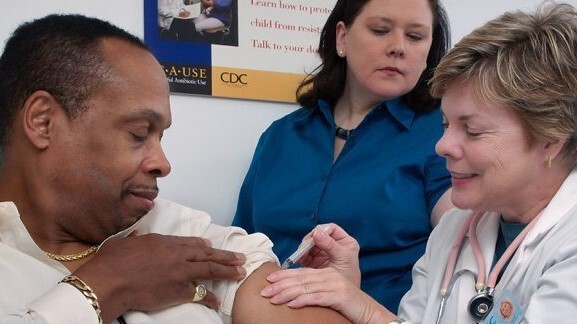The International Society of Pharmacoeconomics and Outcomes Research (ISPOR) annual conference was held May 14-17, 2021. Although the conference assumed a virtual format like last year due to the pandemic, it did not disappoint, as it was filled with lots of thought-provoking content and engaged interactive discussions. As expected, many of the sessions were focused on COVID-19 and its impact on health economics and outcomes research (HEOR). Here are a few highlights:
The opening plenary session, which consisted of a diverse group of panelists from around the globe, focused on the response of various health systems on the COVID-19 pandemic. Topics of discussion included the strengths and weaknesses of health systems exposed by the pandemic, their swift and cohesive responses, and the collaboration with the pharmaceutical industry to help bring vaccines to market in record time. Other particularly interesting sessions on the first day included access and inequalities of COVID-19 vaccines, quantitative bias analysis in measuring treatment effects in real-world data, and the effect of the pandemic on the real-world evidence generation.
The second- and third-day plenary sessions generated several lively discussions on methodological issues of HEOR assessments in the wake of the pandemic and the new types of collaborations in the HEOR space between traditional players (e.g., regulators, payers, and providers) and new players (e.g., digital health startups and technology companies). General sessions and issue panels focused on various topics, including access to combination therapy in oncology, the application of public health data to evaluate COVID-19 interventions, the increasing dependence on real-world evidence, handling missing data in analysis, real-world data transparency, and machine learning methods as they relate to HEOR topics.
Finally, the poster sessions provided much valuable information on a diverse range of HEOR topics. OMNY Health contributed 4 posters based on the analysis of real-world data from our platform on the topics of psoriasis, pressure ulcers, identifying COVID-19 patients from unstructured clinical notes, and the COVID-19 hospitalized patient experience.
These though-provoking sessions that primarily revolved around COVID-19 provided interesting perspectives into the impact of the pandemic on the acceleration of innovation in healthcare. As we re-surface from the pandemic and additional data and discussions about the reach of healthcare and utilization of data evolve, it will be interesting to see where the remainder of 2021 takes us.
To learn more about this story and how to partner with OMNY Health, please contact us.






